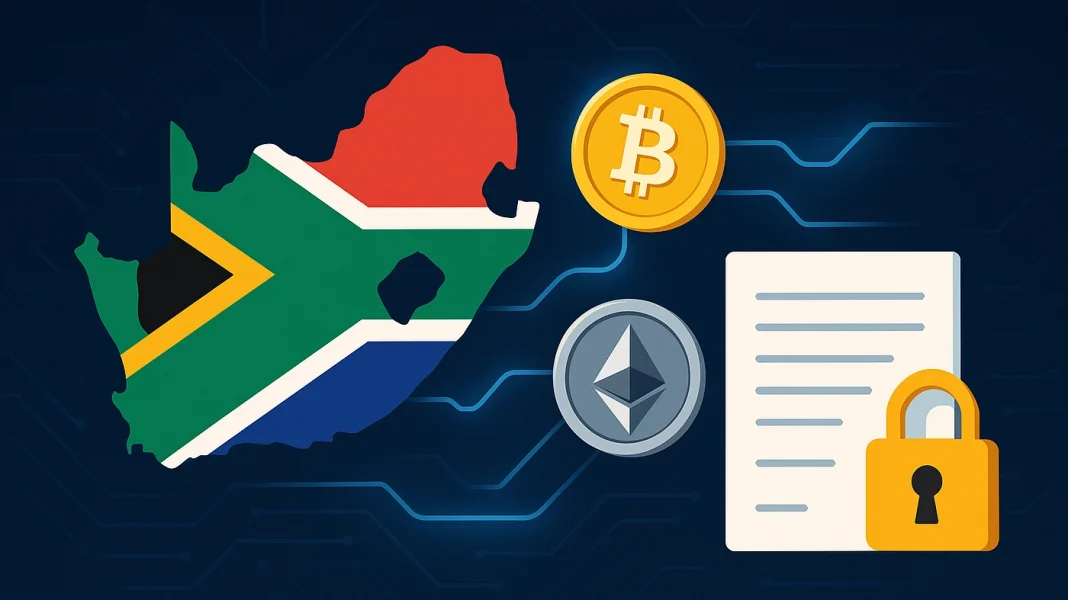Binance making moves in South Africa that’ll have every crypto hustler double-checking their paperwork.
Starting April 30, Binance isn’t just asking for your name and a handshake.
Permissionless?
Binance want the whole story, who’s sending, who’s receiving, where they live, and whether your crypto is coming from or going to a self-custody wallet.
You don’t cough up the details? Your transaction could be left hanging, or worse, bounced right back to where it came from.
Now, why’s Binance suddenly acting like the strictest bouncer on the block? Because South Africa’s regulators aren’t messing around anymore.
They’ve rolled out a licensing regime, the first of its kind on the continent, and Binance wants to keep its seat at the table. No more back-alley deals or mystery money.
If you’re moving crypto, you better have your paperwork in order, or you’ll be waiting longer than a Sunday lunch at Nonna’s.
Peer to peer?
Let’s not forget, Binance’s relationship with South Africa has been, let’s say, complicated.
Just a couple years back, the Financial Sector Conduct Authority was waving red flags, warning people to steer clear of Binance for financial advice and intermediary services.
The exchange wasn’t even authorized to do business there. Fast forward to now, and Binance is finally playing by the rules, because if you don’t, you’re out faster than a card counter in Vegas.
But it’s not just Binance feeling the heat. South African banks have been blocking crypto purchases on international exchanges left and right, blaming non-compliance and a flood of scams that have burned investors for millions.
The regulators want transparency, security, and a little peace of mind, because, let’s face it, nobody likes waking up to find their savings vanished in a puff of blockchain smoke.
Zero counterparty risk?
So what’s it mean for the average Joe or Jane trying to move some Bitcoin? More paperwork.
More waiting. More are we there yet moments. But hey, that’s the price of playing in a market that’s finally getting serious.
Binance’s new rules might be a headache, but they’re also a sign that crypto in South Africa is growing up, whether you like it or not.
Disclosure:This article does not contain investment advice or recommendations. Every investment and trading move involves risk, and readers should conduct their own research when making a decision.
Kriptoworld.com accepts no liability for any errors in the articles or for any financial loss resulting from incorrect information.


